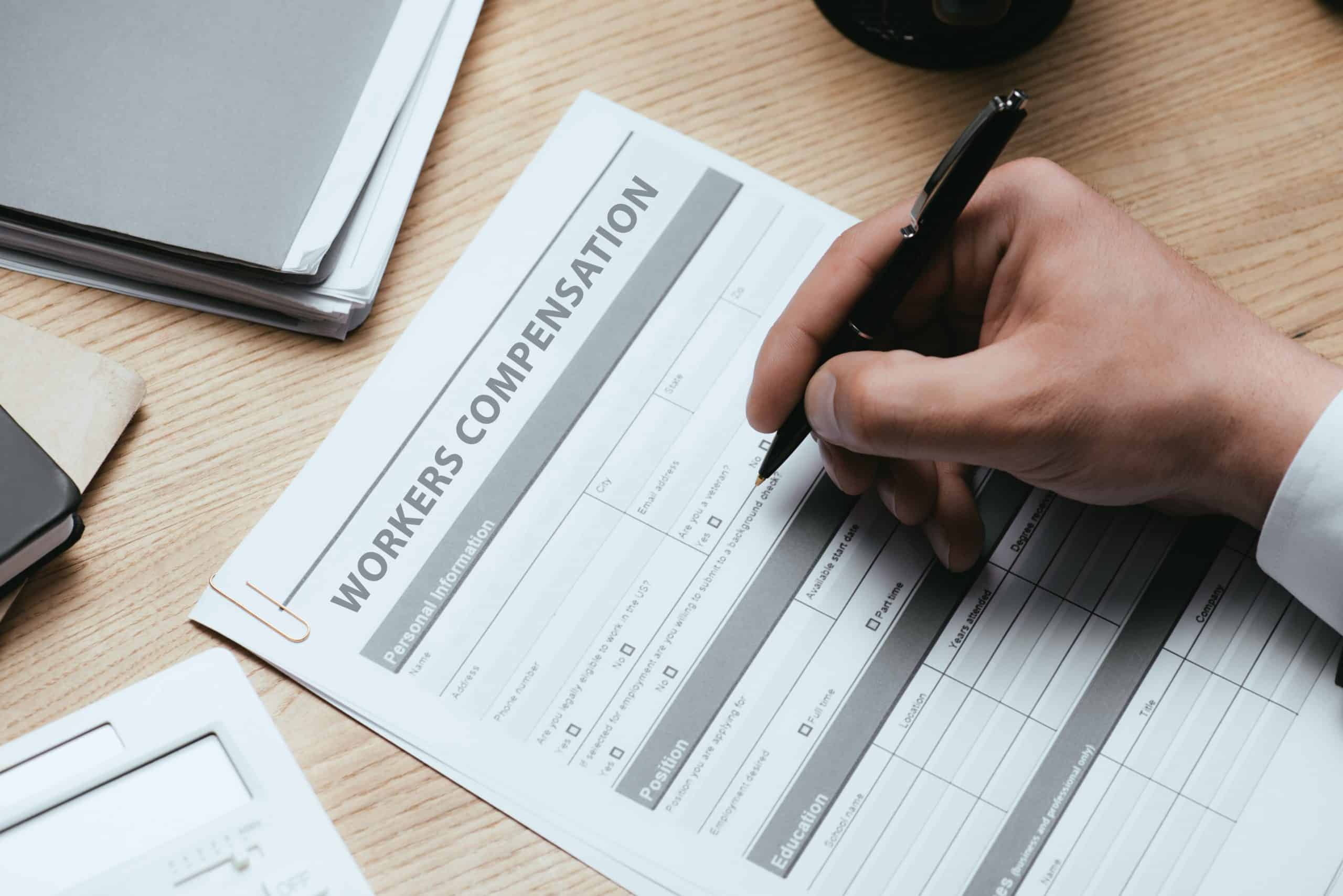When you think about polygraph tests, what comes to mind? Many people likely picture a criminal investigation, where the suspect is hooked up to a machine and asked questions in an effort to get them to ‘crack’.
But polygraph tests are actually used for a variety of reasons – from pre-employment screenings to detecting insurance fraud. So what exactly is a polygraph test, and how can it be used? This post will explore that question, and provide some tips on how to prepare if you’re ever faced with one.
What is a Polygraph Test?
A polygraph is a machine that measures certain body-functioning aspects, such as blood pressure and heart rate, in order to determine whether someone is lying. While this technology has been used for over so many decades to detect deception, it is still considered an investigatory tool rather than a standard investigative technique. There are many reasons why a polygraph may be requested during an investigation.
For example, if you have conflicting statements about something incriminating that you’re suspected of doing, or if there’s evidence that you were involved in the commission of a crime but your story doesn’t fit with the facts at hand, then you can take a polygraph test and find out the truth.
A polygraph test can also be helpful when trying to ascertain the veracity of witness testimony or confessions made under duress. However, Polygraph tests are almost 90% accurate, and they should only be utilized when other forms of corroborating information cannot be obtained or when there is significant suspicion surrounding someone’s involvement in wrongdoing.
How Can a Polygraph Test Help You?
Relationship Issues
A polygraph test can help you determine the truthfulness of your statements about your relationship issues. By measuring your physiological responses to questions about your relationship, a polygraph can actually provide you with accurate information about whether you’re telling the truth or not.
Depending on the circumstances, a polygraph test may be the best way to verify allegations of cheating. It can also be helpful in cases where there is suspicion but no concrete evidence that cheating has actually taken place. In these cases, it can help build trust between all parties involved and allow for an open discussion about the issue without fear of retribution.
This is why a polygraph test is often used as a tool in investigations and court cases involving relationships. It can help determine if someone is lying about their involvement in a dispute or whether they are being truthful about their actions. In some cases, it can even be used to resolve disputes between couples.
As long as you understand the basics of how it works and know what to expect during the test, a polygraph test should be relatively easy to go through. If you’re ever worried that someone may have been dishonest about something related to your relationship, then a polygraph may be an important tool in your arsenal for finding out the truth.
Proof of Innocence
A polygraph test is often used to help prove someone’s innocence in cases of any sort of suspicion. This includes things like cheating on a test, being involved in an adultery, or even being accused of a crime you didn’t commit.
This isn’t just limited to criminal cases, though – a polygraph test can also be used to disprove any suspicion that you may have in any kind of case. For example, if you’re suspected of cheating on your exam, a polygraph test could help prove your innocence by determining whether or not you actually cheated. It can also help determine whether or not you were actually romantically involved with any other person you are accused of cheating on your spouse or partner.
In this era, Polygraph tests are still one of the most reliable ways to determine someone’s guilt or innocence. If you’re ever in doubt about something, don’t hesitate to get a polygraph test done so you can find out for sure.
Business Disputes
A polygraph test can help you determine the truthfulness of a person’s statements in a business dispute. By measuring physiological responses such as heart rate, blood pressure, and respiration, a polygraph can help you determine whether a person is lying or telling the truth.
Using a polygraph test can help you resolve any disputes that may arise between you and your business partner, customer, or colleague. By confirming that you’re telling the truth can provide peace of mind for all involved and prevent any further damage or conflict from occurring.
Though it may seem like a scary thing to undergo, a polygraph test is actually quite simple and painless. Most often, it takes about an hour or less to complete. In some cases, it may even be possible to have the results delivered electronically to your phone or computer.
If you’re involved in any kind of business dispute, it’s definitely advisable to get your polygraph test done. You’ll know for sure whether there is anything that can be cleared up before things get too complicated or messy.
Theft Case
A polygraph test can help you determine whether or not someone is lying about something important. This is especially useful in cases of theft, where it can be difficult to determine who was actually responsible for the theft.
If you believe that the person accused of theft is lying, then the results of the test will indicate this. If the results show that the person’s heart rate and blood pressure have increased significantly when they’re asked about the theft, for example, this may be indicative of deception. In some cases, this can lead to perjury charges being filed against the accused.
On the other hand, if you have been accused of theft, a polygraph test can help prove your innocence. A polygraph test can help prove that you didn’t commit the crime. The sooner the test is performed, the better – because the results will be more reliable.
Is Polygraph Admissible in Court?
It depends on the jurisdiction. In the United States, polygraph test results are generally not admissible in court because they are considered to be inadmissible evidence.
However, there are a few select jurisdictions where polygraph results are admitted as evidence. There are also a few instances where polygraph results have been allowed to be introduced as expert testimony.
When Shouldn’t You Take a Test?
Polygraph tests are an effective way to ascertain the truthfulness of someone and be a valuable tool for law enforcement, business investigations, and other purposes. However, there are times when you should not take a Polygraph test.
These include if you’re unable to find an APA qualified examiner or if you have any physical conditions that may affect your results. Or it should not be taken if you have any heart conditions or abnormal neurological symptoms. Those who have had any kind of traumatic experience related to law enforcement may also want to avoid this type of testing.
And lastly, you should also avoid taking a Polygraph test if you are under 18 years old or if you have ever been convicted of a felony offense. If all of these circumstances apply to you, it is important to speak with an attorney who can advise on whether or not taking a Polygraph test is in your best interests.
Things to Know Before Taking a Polygraph Test
There is something everyone should be aware of before taking a polygraph test:
- The person taking the test will ask a series of questions and the machine will record their emotional responses.
- A polygraph examiner then will compare the recorded data with the responses and eventually tell if the person lied or not.
- People who are considering taking a polygraph test should be completely honest with the examiner.
- If they lie anyhow, there’s a huge possibility of them getting caught.
- They should know the purpose of the test and whether it is a criminal or civil investigation.
Conclusion:
Polygraph tests can be a valuable tool when trying to get the whole story. By measuring certain physical reactions, polygraph tests can help you find out the truth about a situation. While they aren’t 100% accurate, they can be helpful in getting closer to the truth.
Have you ever taken or given a polygraph test? Let us know your experience in the comments below.
Written by:
Mike Rumble is a former detective with years of experience in the investigation and lie detection field. He has been the advocate for polygraph tests for more than 4 decades. He is the founder and chief examiner of Lie Detectors UK Services, the most prestigious Lie Detection company in the UK.











